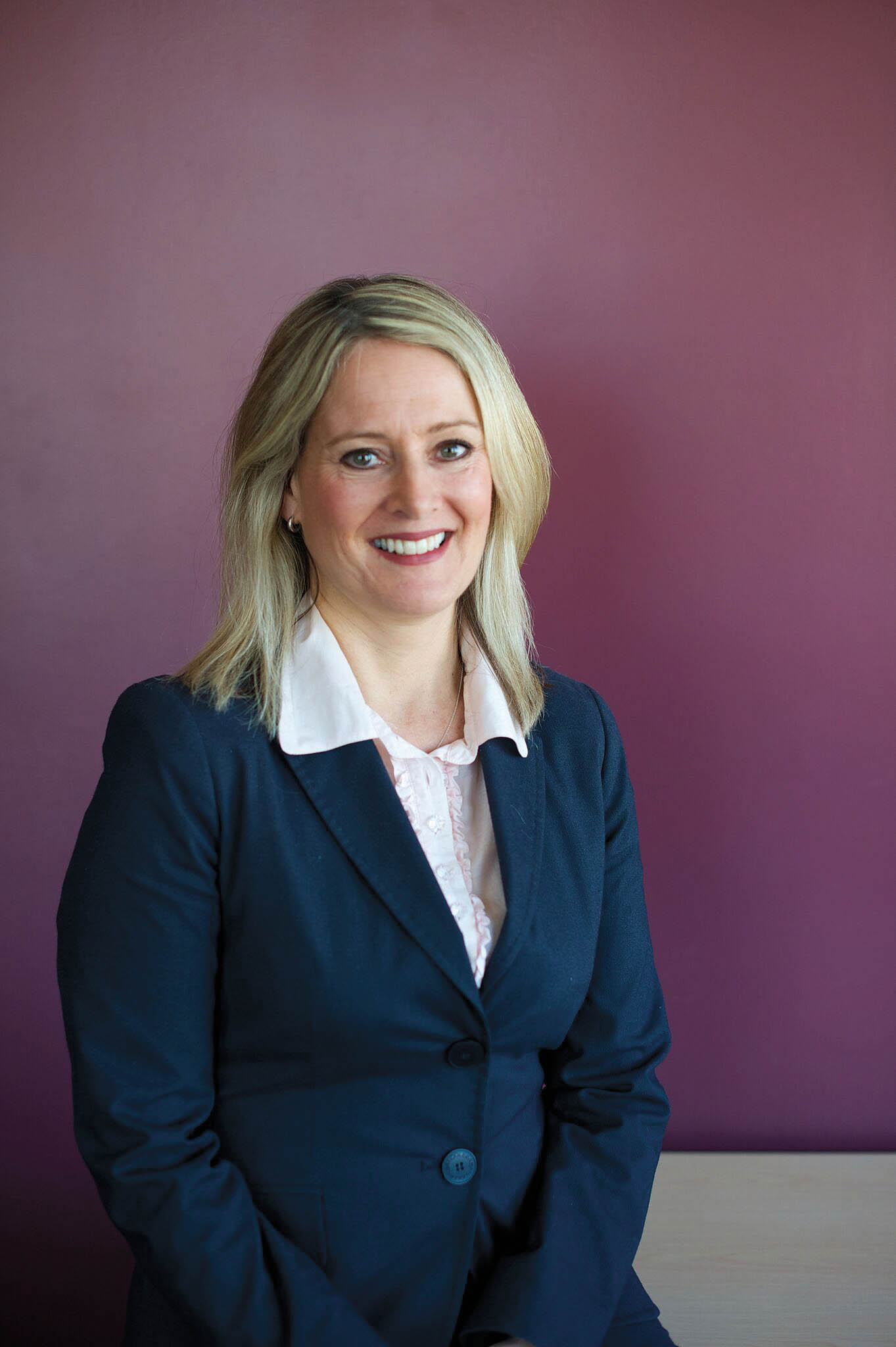Share this page
By Laura Bickle
Photo: Courtesy of the Canadian Centre for Child Protection

Approximately one in 10 children are sexually victimized before they turn 18. Sexual abuse can have harmful long-term effects on children, but early detection along with appropriate support and counselling can help to reduce after-effects — and teachers can play a pivotal role in that effort. That was one of the messages Noni Classen, director of education for the Canadian Centre for Child Protection, shared at the College conference last May. The centre oversees the Child Safety and Family Advocacy Division and three national prevention programs, as well as cybertip.ca — a tip line for reporting online sexual child exploitation. “Teachers typically know they have a statutory duty to report when a student discloses abuse,” says Classen. “The issue is that the majority of children do not disclose verbally.” That’s why the centre provides training and resources to help teachers understand what to do if they have concerns. “Teachers play a critical role in the protection of children as they have a unique, and early, opportunity to identify those who may need help.” We spoke to Classen about what you need to know.
How can teachers protect students from being victimized?
It’s important to establish a culture in which children know that you are a person who is there to keep them safe. They need to know that if they are worried, or need help, they can go to you. Teachers should also model what social, emotional, physical and sexual boundaries look like. For instance, if a student requests to “friend” a teacher on social media, the response should be: “I’m a teacher, I’m an adult, so this would be inappropriate — that’s not OK.”
For more information, our Commit to Kids program (commit2kids.ca) covers the importance of boundaries and understanding where risk lies.
Tell us about Kids in the Know.
It’s a program of interactive activities that build children’s confidence, as well as a way to reduce victimization. It teaches protective factors to incorporate into everyday life, such as the buddy system, identifying safe adults to go to for help, getting permission before going somewhere and not keeping secrets about touching or picture taking.
What if you suspect but are not certain that sexual abuse is occurring?
If we’re going to improve early identification, we need to understand that even if the behaviour isn’t illegal, it could still be harmful and a child needs supports. Teachers can let the child know they notice he or she doesn’t quite seem like themselves, and ask if there is anything they can do to help. Inquire responsibly and confidentially by calling us (204-945-5735) or the Children’s Aid Society in your area. There is a process and the support is there. We must address the misconception that we will ruin lives if we are wrong. We ruin lives if we do nothing. If you look at it that way, there is no other way.